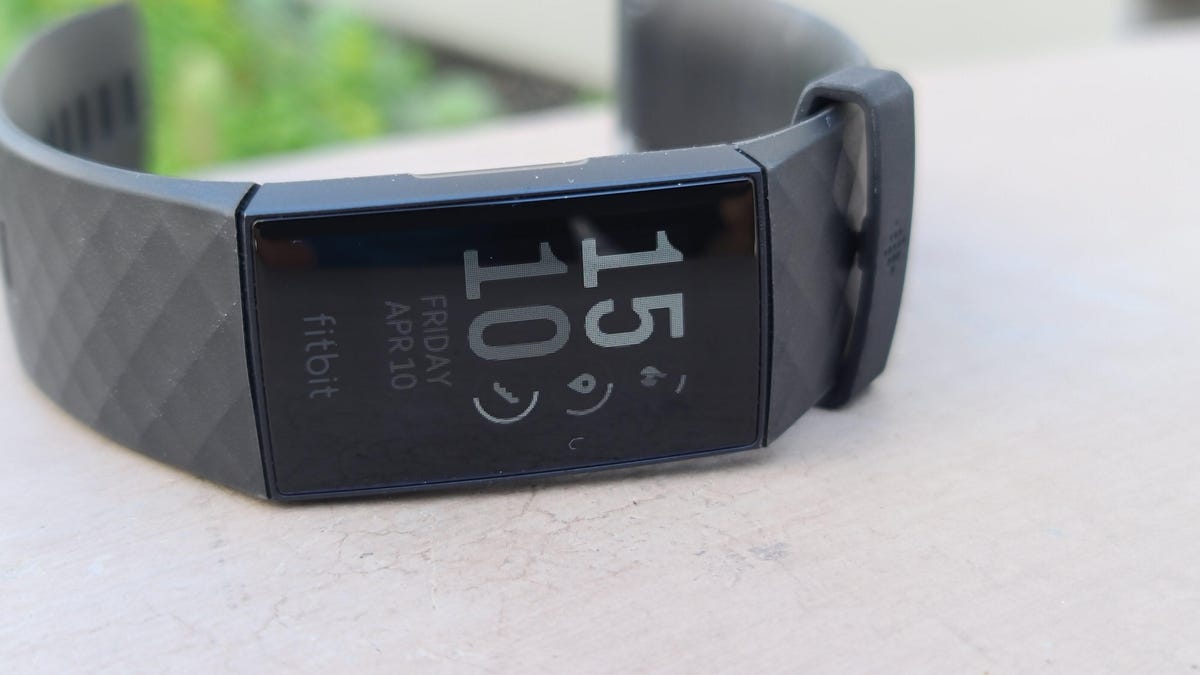Fitbit launches heart study to see if its devices can detect AFib
The study aims to enroll hundreds of thousands of participants.

Fitbit is launching a new study to explore whether its wearables can detect atrial fibrillation.
Fitbit on Wednesday launched the Fitbit Heart Study, which aims to validate the use of its wearables to help detect atrial fibrillation, or AFib, the most common form of heart rhythm irregularity. The virtual study is open to Fitbit users 22 years and older with a current Fitbit device. The company hopes to enroll hundreds of thousands of people in the study.
To gather heart rate information, Fitbit's devices use photoplethysmography technology to measure blood flow rate from a user's wrist. Those measurements could also be used to identify heart rhythm, which Fitbit's algorithm will analyze for irregularities in the study.
Participants who are notified about an irregular heart rhythm will get a free virtual appointment with a doctor to learn more. They may also be mailed an electrocardiogram (ECG) patch to confirm the notification.
AFib is a quivering or irregular heartbeat that can lead to stroke, blood clots, heart failure and other complications. Around 33.5 million people around the world have AFib, which can be tricky to detect given episodes can be sporadic and some people may not show symptoms.
"Until recently, tools for detecting AFib had a number of limitations and were only accessible if you visited a doctor," Dr. Steven Lubitz, principal investigator of the Fitbit Heart Study and cardiologist at Massachusetts General Hospital, said in a statement. "My hope is that advancing research on innovative and accessible technology, like Fitbit devices, will lead to more tools that help improve health outcomes and reduce the impact of AFib on a large scale."
Fitbit says its devices are well suited to help with AFib detection because their long battery life lets users wear the devices for several days at a time, allowing for long-term heart rhythm assessment, including when they're asleep. The company says the best way to pinpoint irregular rhythm through heart rate tracking tech is to "screen when the body is at rest, making assessment overnight, while people sleep, ideal for detection."
Apple also launched a Heart Study app in 2017, which uses the Apple Watch's heart rate sensor to gather data on someone's heart rhythms and then notify them if they might be experiencing AFib. The company later introduced an ECG app to indicate whether a wearer's heart rhythm shows signs of AFib.
Fitbit says it's finished a clinical trial of its new ECG feature, and plans to seek review by the US Food and Drug Administration and global regulatory authorities.

